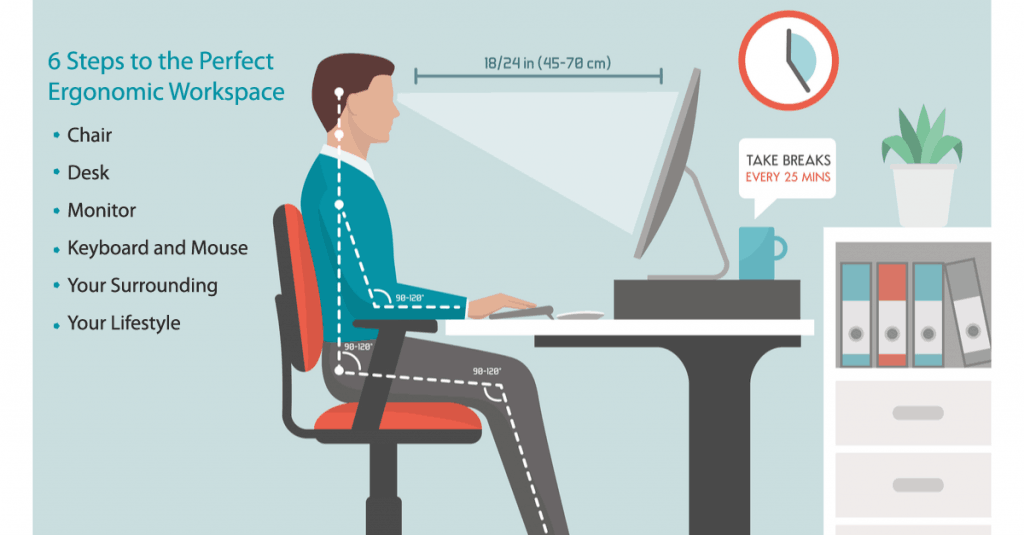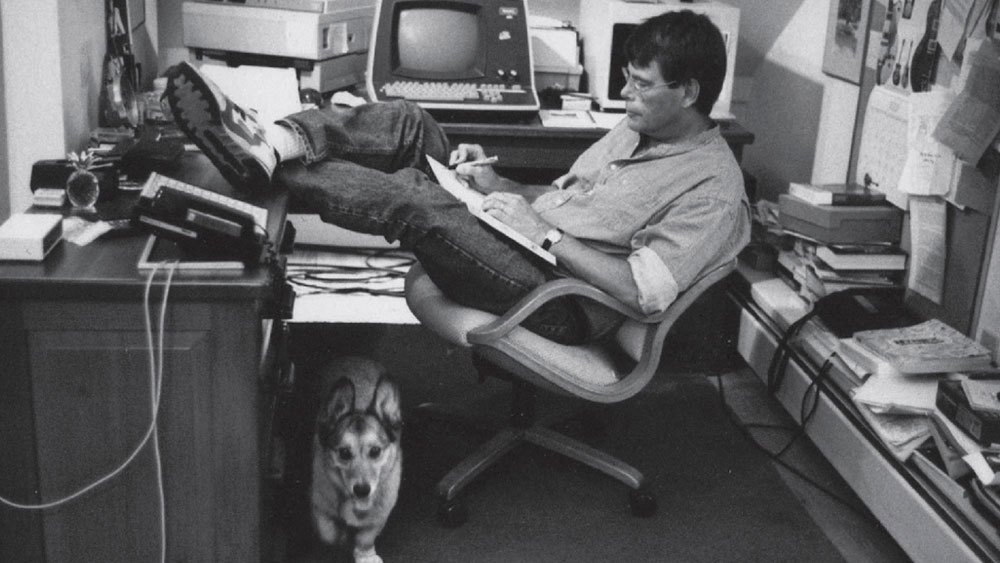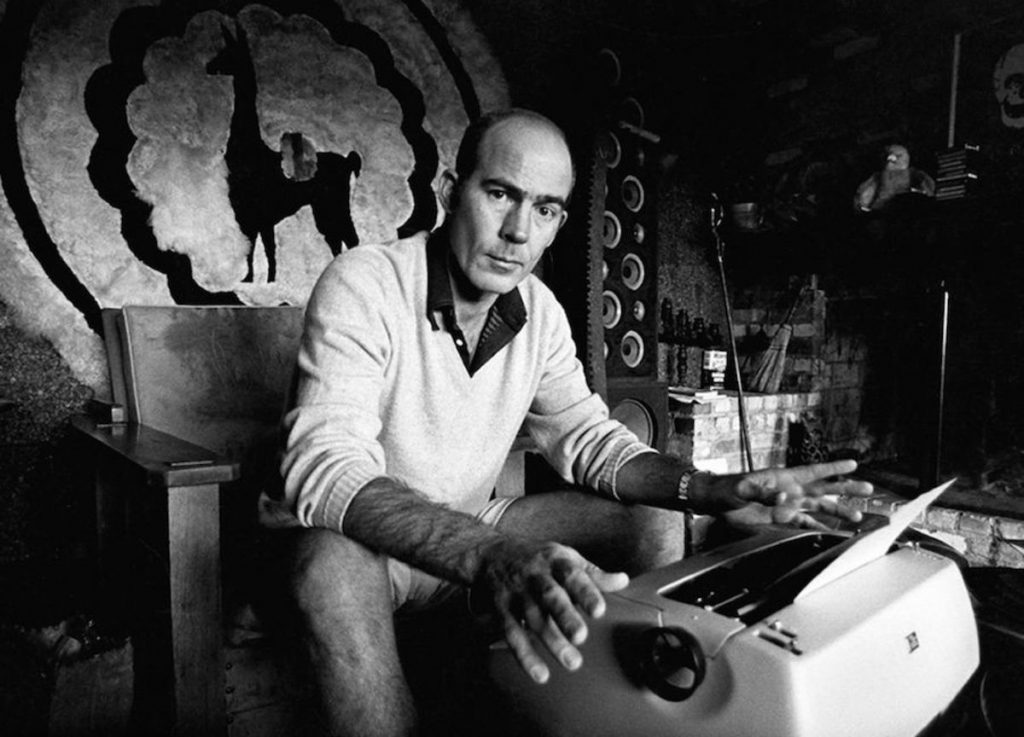Create the Perfect Writing Environment
Creating and fostering the perfect writing environment can really help supercharge your productivity.
Back in May, author and podcaster Andrew Mackay shared his 5 tips for fighting procrastination – and one really spoke to me. It was #4 – “Why aren’t you writing?” It led to me talking to a lot of fellow authors about how they get into the ‘flow’ of writing, and what helps and hinders putting pen to paper (or, more accurately, finger to keyboard.)
One theme that seemed to come up time and time again was the ‘environment’ for writing – and it’s something that resonated with me. As the parent of three rambunctious kids – and the husband of an equally rambunctious wife – it’s not always easy to get into the ‘headspace’ of writing; and sometimes you have to ‘set the mood’ just like you might for a romantic date.
What that mood is depends entirely on you – it’s deeply subjective – but being able to figure out what whets your creative appetite can help instill an almost Pavlovian response. As soon as you get into that ‘space’ your brain will switch to creative mode and (theoretically) the words will start flowing.
Here are some suggestions that have worked for me and other authors.
Your Writing Space
In his masterwork On Writing, Stephen King writes about the importance of a writing space – and I, like many authors, will spend about 90% of my writing time at my desk in my ‘space.’
Not every writer has the luxury of a dedicated space for writing – and, in all honesty, not every writer wants one. If you’re lucky enough to have that space, though, you want to make it feel like you. You want every aspect of it to fit as perfectly as a pair of old leather boots – worn to perfectly mold itself around you.
My eldest son is a little on the Autistic spectrum and I kind of relate to how he gets pedantic about certain minor details when it comes to fabric, smells and noises – because when it comes to writing, those bother me too. Everything has to be like Goldilocks’ porridge – just right – before I can truly settle into the flow. That’s why I spent a lot of time putting together my desk and writing setup so it’s perfect for me.
I have an old, second-hand desk rescued from a dumpster, but it’s just the right height for me – so when I bend my elbows at 90 degrees, my palms lay perfectly flat against the surface of it. I spent $20 on a second-hand saddle chair from Craigslist, which forces me to sit upright with correct posture – and that means I can spend hours in front of a screen without getting a bad back or sore neck. I looked up the perfect ergonomics for a writing desk and adjusted mine to suit. For example, I elevated my computer screens so the very top of the screen is just slightly below my eye-level – once again forcing me to sit with good posture to prevent a bad back.

Finally, I have a very old keyboard from a former office job that has the keys laid out just right for me, and makes a satisfying ‘click’ when I hammer them down. Everything about my writing space is designed to fit me like a glove; and that makes getting into the writing flow so much easier and quicker.
But different writers require different things – so you’ve got to figure out what’s right for you. My mother was a successful author in the 1970s and she used to bring her typewriter (I know, I know) and put it on the kitchen table while we kids were at school – hammering out her books on the hard, wooden kitchen chair with her dogs yapping at her feet.
Another author friend likes to write on the couch, with her laptop on her knees. That’s where she gets into the ‘zone’ and while her space might not be as pedantically organized as mine, she always sits in the same nestled corner of the couch, and always buys an HP laptop because their keys are uniquely and specifically placed for the muscle memory of her fingers.
What your writing space is to you differs – but making it just right is a great first step to getting into the flow of writing the moment you get your butt in front of the keyboard.
Shutting the Door
In On Writing, King writes: “Like your bedroom, your writing room should be private, a place where you go to dream… The space can be humble, and it really only needs one thing: A door you are willing to shut.”
This can be a physical or a metaphorical door, but I think it’s an important one. I have a pretty small house, so my writing desk is actually at one end of the shared living room – but when I write it’s either at 5am in the morning, or when the kids are at school. As a result, I shut myself out from the world by making sure I’m alone with nothing but my imagination (and, occasionally, a couple of flatulent dogs.)
In terms of shutting the metaphorical door, I also make it a point to log out of Facebook and switch off notifications on my phone – making sure for a few hours, at least, I can be undisturbed. I think this is massively important; since the old writing adage “it’s 1% inspiration and 99% perspiration” has now evolved to “it’s 90% avoiding messing about on the Internet.”
Being alone and undisturbed for writing is crucially important.
That being said, you don’t need to be alone to be alone. There’s the old trope of the aspiring novelist going to Starbucks to pen their novel, and that’s not a terrible idea. Back when I used to work in Paris I loved the ‘solitude of a crowd’ that you’d experience at a sidewalk cafe – surrounded by people, but blissfully alone because all the faces and voices belong to strangers. A lot of writers shun their ‘writing space’ for a more public environment, and it’s also a good option to ‘mix it up’ once in a while and get out of the house to experience an environment like that.
For example, there’s a lakeside restaurant and bar near my house, and I’ll sometimes take my laptop down there to hammer out a chapter or so. It always helps me through writer’s block to get myself into a different environment – and even though the bar is crowded and ZZ Top is thumping out of the jukebox, for some reason I find it as tranquil there as I do in my own living room during the week hours of the morning.
The biggest element here is just to remove distractions – personal distractions. Friends, family and children. They’ll snap you out of your writing space and into ‘reality’ and if any of us truly enjoyed reality we wouldn’t be writers, would we?

Setting the Mood
I joked earlier about how a good way to get into the ‘flow’ of writing was to set the mood – almost like a romantic date. That being said, it’s not too far from the truth.
For me, I like to put some acoustic music on in the background – nothing with words or lyrics – and make sure the thermostat is set to an appropriate temperature. I prefer it a little on the cool side, but not to the point that my fingers seize up. Maybe I’ll burn a little sage or light a scented candle (the fall-scented ones are my favorite) and I’ll always pull open the curtains wide to let the natural light in – or open up the windows if it’s not too hot or cold.
But more than that – I want my space to feel right. I’m a naturally tidy person – but neither my wife, kids or dogs are. That’s why I’ll often spend some time tidying and organizing my space if I know I plan to do any writing in it; because the feeling of things being organized, clean and tidy really helps my flow.
That being said, one of the dangers of doing that is procrastination. It’s incredibly tempting to spend two hours cleaning when you could have spent them writing – so be very disciplined about what and how much ‘mood setting’ you do; and how much it eats into your writing time.
Establish a Routine
Perhaps the most important part of getting that Pavlovian response to writing is to build a routine around your writing – and it’s a good strategy to have in any event. If you can make writing a daily occurrence – at roughly the same time of the day – you’ll find it a lot easier to get into the flow. It’s also better for your writing – as writing 2,000 words a day will work out a lot better for you than four days of procrastination and one burn-out session of 10,000 words.
What works best for you is entirely subjective. Hunter S. Thompson, for example, wouldn’t begin writing until well into the night, and stop just as the dawn was peeking over the horizon. I’m the complete opposite, and I like to get up early in the morning and get a couple of hours of writing done before the kids crawl out of bed.


For me, my morning routine starts like this – I sent a daily 5am alarm using the ‘Warmly‘ app (which wakes you up to gentle noises, so my wife doesn’t kill me because of my alarm.) I’ll then sneak downstairs and switch on the coffee machine (which I prepped the night before.) While that’s brewing I’ll have a glass of water, my vitamins and supplements, and then I’ll do some Wim Hof breathing rounds and 30 press-ups to get the blood pumping. By the time I then pour my first cup of coffee I’m feeling great – and well on the way to starting writing.
That’s how I do it – and your routine is probably very different. However, it’s very important to have one; as it’s one of the easiest ways to switch gears and get yourself into the correct head space for putting words down on paper.
I like to start early because I’m hopefully done with my daily word goal by the time the kids get up – and that means, like going to the gym, I’m not wracked with guilt for the rest of the day about how I ‘should’ be writing.
Don’t Use it as an Excuse
All this being said – the most important thing about creating the right writing environment is just writing. It’s very dangerous to ‘require’ the correct writing environment, as that gives us procrastinators the perfect excuse to avoid doing what we need to do – actually write. I know sometimes one of the kids will get up early, or I’ll have run out of coffee, and I’ll use that as an excuse to throw up my hands and claim: “Well, I can’t write today, can I?”
The honest truth is that you can, and you must.
Creating the right writing environment and setting a daily writing routine can really help make sticking to your writing goals easier – but the deciding factor is always going to be discipline. The discipline to get started and actually write is what makes the difference.
The good news is that a positive writing environment and that oh-so-important schedule can really tip the balance into your favor. Discipline is a finite resource – so spend yours getting into a daily writing routine and building a positive writing environment. When that daily discipline eventually exhausts itself – as it invariably will, whether you’re Stephen King or Shakespeare – you’ll find a much more powerful force takes over: Habit.
Discipline will set you on the course for meeting your writing goals, but developing a routine and an environment will make that writing become a habit. When putting words on a page becomes as seamless a part of your day as brushing your teeth or having breakfast, you’ll find yourself writing faster and better than you could have thought possible.











